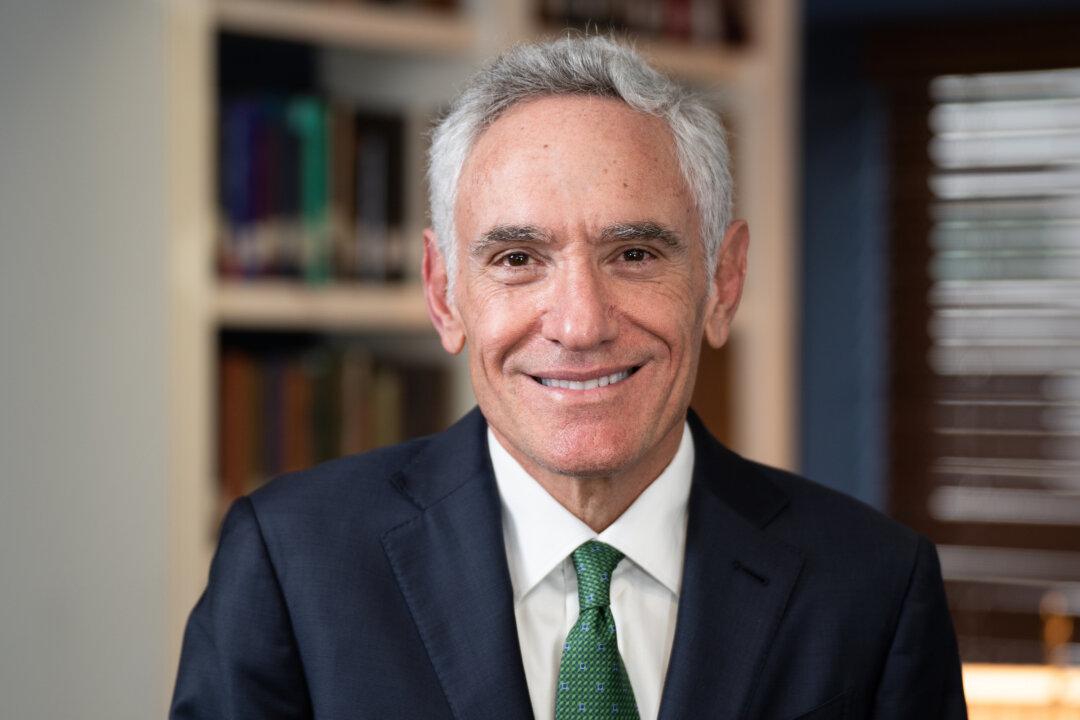The restrictive policies in response to the COVID-19 pandemic have largely been a failure and we need accountability for those “destructive” measures, said Dr. Scott Atlas, former special adviser to then-President Donald Trump on the coronavirus pandemic.
“We need accountability of the people who got what they wanted. They got implemented the policies they wanted. Those policies failed,” said Atlas, referring to restrictive measures such as lockdowns, quarantines, school and business closures, and vaccine mandates for young people.






